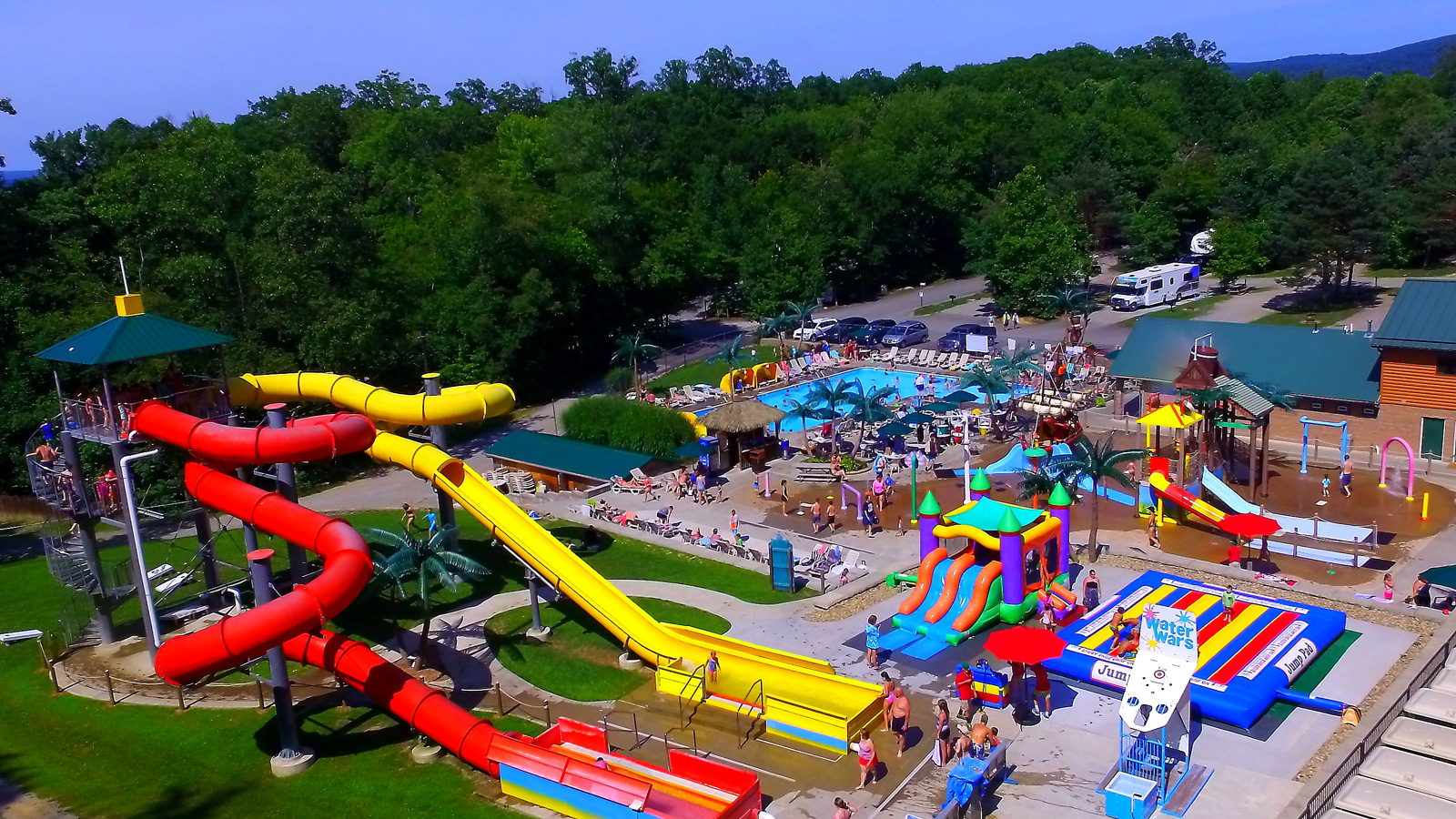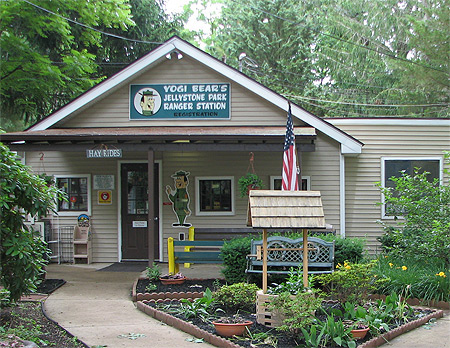Owning a campsite business can be immensely rewarding, but it can also be a real challenge. That’s especially true if you’re inclined to believe certain misconceptions about owning and purchasing campgrounds. If you plan on investing in campground real estate in the near future, you’ll want to have all the information in front of you — and make sure it’s actually correct. Here are three myths you definitely shouldn’t believe about campground ownership.
MYTH: Your Campground Must Be Open Year-Round
Reality: While it is true that year-round camping is becoming more popular, that doesn’t mean that all campgrounds need to be open 12 months a year to be successful. In fact, some of the most profitable campgrounds are seasonal, meaning that they generate the majority of their income during a relatively short period. Largely, this will depend on location, amenities, target demographic, and your ability to promote your campground. It’s also important to note that short-term campers will typically generate more income than those who stay for the long haul, meaning that it may actually be more profitable to be open during select months than it would be to stay open all year — especially when you figure in other costs of operation.
MYTH: You’ll Need to Expand Your Campground to Be Successful
Reality: Although it’s a good idea to ask about the possibility of expansion before buying a campground, this may not always be the right way to go. Having the room to potentially expand might be important. But if you’re thinking about expansion before you even get your campground off the ground, you might be thinking too big too soon. In many cases, the number of sites you have might be of lesser concern; it’s actually the occupancy rates you should be thinking about. Before you ever think about expanding your campground, you should concentrate on increasing occupancy rates. Otherwise, your expansion could actually represent a huge waste of money.
MYTH: Your Campground Has to Be Near a Tourist Destination
Reality: A lot of people assume that in order to bring in a profit, a campground needs to be in close proximity to a huge tourist destination or fall under the category of “destination camping.” But in reality, around 50% of campers travel less than 100 miles away from home when they go camping. While destination campgrounds are all well and good, they aren’t the only campsites that bring in consistent revenue. Many of the most successful campgrounds are in areas that are adjacent to popular travel routes or that are conveniently placed along the way to or from a tourist attraction — but they don’t necessarily have to be in very close proximity to it. In fact, it’s often better when they aren’t located close by, as this can often mean more competition to contend with. Because non-destination campgrounds aren’t usually priced at a premium, they’re seen as more affordable and more feasible for families. This can actually lead to an increase in business since it makes the activity of camping much more accessible. Don’t assume that just because a site isn’t close to a major hub that it’ll be impossible to be successful in this industry. In the same vein, you shouldn’t jump to the conclusion that a destination campground will automatically be successful due to its desirable location.
Investing in real estate can be an incredible way to earn additional income and expand your horizons. In order to run a successful campsite, you’ll want to conduct thorough research and ensure that you don’t fall into the trap of believing false information. Now that you know the truth behind these common myths, you can make a much more informed decision when it comes time to invest.





